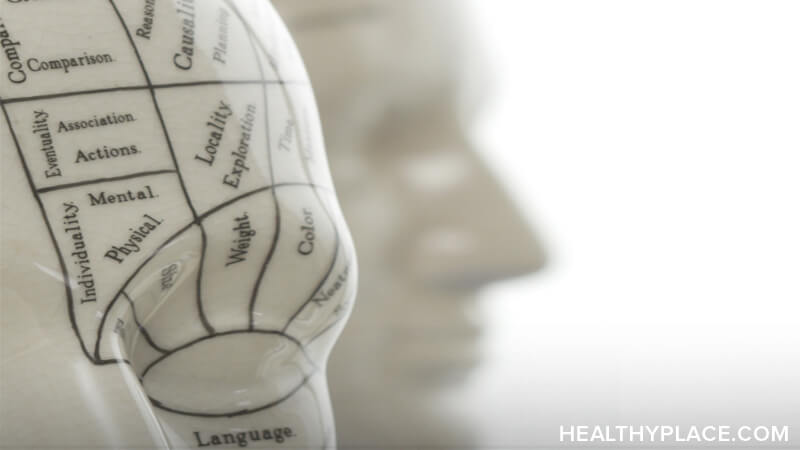Recognizing the Impact of Exercise on Mental Health And Wellness and General Health
In the realm of psychological health and overall wellness, the value of workout is a diverse subject that requires exploration. Past its physical advantages, the impact of exercise on one's mental wellness has been a subject of growing interest and research study. The complex interaction between physical task and mental well-being introduces a range of positive end results that expand much beyond the boundaries of a fitness center or a running track. As we navigate through the intricacies of this partnership, a much deeper understanding of just how exercise influences our psychological state and general wellness emerges, shedding light on the extensive ramifications it holds for our lives and long-term health and wellness.
Benefits of Exercise on Mental Health
Normal physical exercise has actually been revealed to significantly enhance mental health outcomes in people of all ages. Involving in regular workout not only advantages physical wellness however likewise plays an essential role in enhancing psychological health.
Additionally, workout has been linked to improved cognitive function and overall brain health. Research studies have revealed that routine physical activity can improve concentration, memory, and decision-making abilities. It can additionally add to a decrease in the danger of cognitive decrease as individuals age. Additionally, exercise advertises much better rest patterns, which are important for maintaining good mental wellness.
Integrating exercise into one's routine can cause raised self-esteem and a greater feeling of general well-being. Whether it's with cardiovascular workouts, toughness training, or yoga, finding a physical task that matches individual preferences can have an extensive effect on psychological health.

Connection In Between Workout and Stress
Exercise functions as a potent device for reducing tension and promoting psychological wellness by promoting the release of endorphins and promoting a sense of relaxation and rejuvenation. When tension levels increase, the body's fight-or-flight feedback is caused, resulting in raised cortisol degrees. Routine exercise helps neutralize this feedback by decreasing cortisol degrees, which subsequently reduces stress and anxiety. Exercise advertises the manufacturing of endorphins, typically referred to as the body's natural pain relievers, which act as state of mind elevators and stress reducers.
Taking part in physical task additionally provides an interruption from daily stress factors, permitting people to concentrate on the here and now moment rather than pondering on resources of stress. Additionally, workout can improve self-confidence and self-confidence, providing a sense of achievement and control that can battle sensations of helplessness typically related to stress. By including exercise into a normal regimen, individuals can effectively manage stress levels, resulting in boosted mental well-being and total top quality of life.
Effect of Workout on State Of Mind
Participating in exercise has been revealed to dramatically influence one's mood and psychological wellness. The partnership between workout and mood is well-documented, with countless studies highlighting the favorable impacts of exercise on psychological wellness. When we participate in exercise, our bodies release endorphins, commonly called "feel-good" hormones, which can aid minimize sensations of anxiety, anxiety, and anxiety. Additionally, normal exercise can bring about boosted self-esteem and a sense of achievement, which can better enhance one's total state of mind.

Moreover, the influence of exercise on mood prolongs beyond simply the instant post-workout duration. Study recommends that individuals who maintain a consistent exercise regimen are more most likely to experience long-lasting improvements in their state of mind and emotion. This can be associated to the structural changes in the brain that take place as an outcome of normal exercise, such as enhanced connectivity between use this link mind regions in charge of controling emotions.

Exercise and Cognitive Feature
Many researches have actually shown the considerable effect of exercise on cognitive function, highlighting the intricate partnership between exercise and psychological procedures. Engaging in normal exercise has actually been revealed to enhance numerous facets of cognitive feature, consisting of memory, interest period, analytical abilities, and total psychological skill. Exercise boosts the release of natural chemicals such as dopamine and serotonin, which play crucial duties in cognitive function and mood law. Furthermore, exercise promotes the development of brand-new brain cells and strengthens the links in between them, leading to enhanced cognitive efficiency.
Moreover, constant physical activity has actually been linked to a lowered threat of cognitive decrease and neurodegenerative diseases such as Alzheimer's. Research studies suggest that individuals that keep an energetic way of life throughout their lives experience slower prices of cognitive decline contrasted to those who are less active. On the whole, the evidence overwhelmingly supports the concept that normal exercise is not only valuable for physical health but additionally plays a crucial function in preserving and improving cognitive feature.
Methods for Integrating Exercise
Embracing an organized strategy to incorporating physical task into day-to-day regimens can significantly improve the probability of preserving a regular exercise routine. One efficient technique is to establish certain, achievable goals. These goals must be practical and visit tailored to specific abilities to avoid feelings of failing and guarantee inspiration. Furthermore, incorporating exercise into existing regimens, such as walking or cycling to function, taking the stairs rather than the lift, or scheduling normal workout sessions, can assist make physical activity a habitual part of every day life.
Another beneficial method is to locate activities that are delightful. Whether it's dancing, yoga exercise, swimming, or biking, participating in tasks that bring enjoyment raises the possibilities of sticking with the exercise routine over time. Varying the kinds of workouts and setting aside time for both strength-training and cardio activities can prevent boredom and supply an alternative strategy to physical health and fitness.
Incorporating workout right into social tasks, such as joining a sports group or workout group, can likewise cultivate a sense of community support and liability, making it easier to remain dedicated to normal workout. By carrying out these strategies, people can produce a sustainable and fulfilling exercise routine that advertises psychological health and wellness and overall health.
Final Thought
Finally, exercise has many benefits for psychological health and wellness and general wellness. It can aid lower stress and anxiety degrees, boost mood, and improve cognitive function. Integrating regular physical activity into one's routine is important for promoting psychological well-being. By understanding the effect of exercise on psychological health and wellness, individuals can take positive steps to prioritize their exercise and reap the positive impacts on their psychological and psychological state.

)))))
Comments on “Trustworthy Mental Health Services to Improve Your Life”